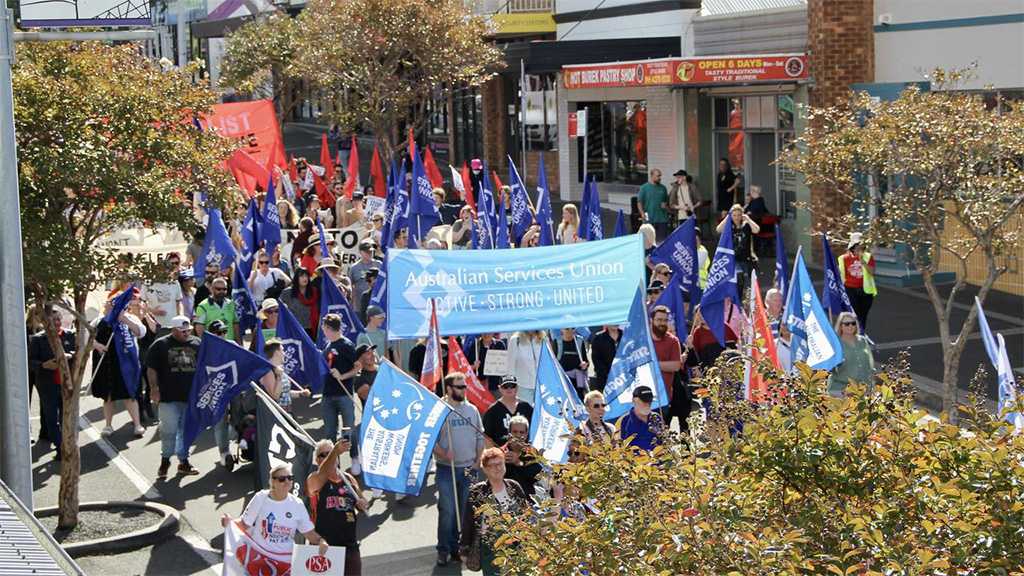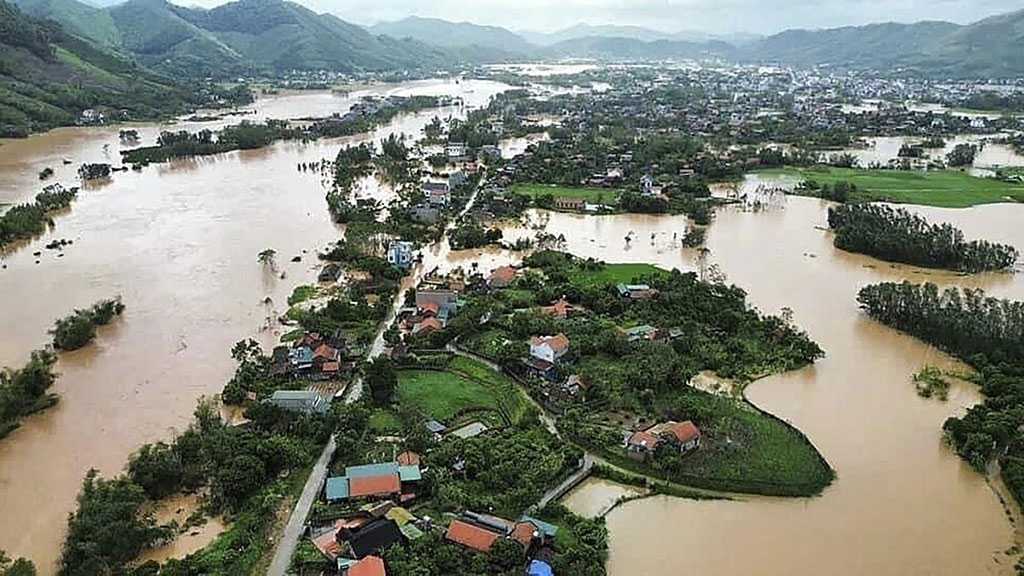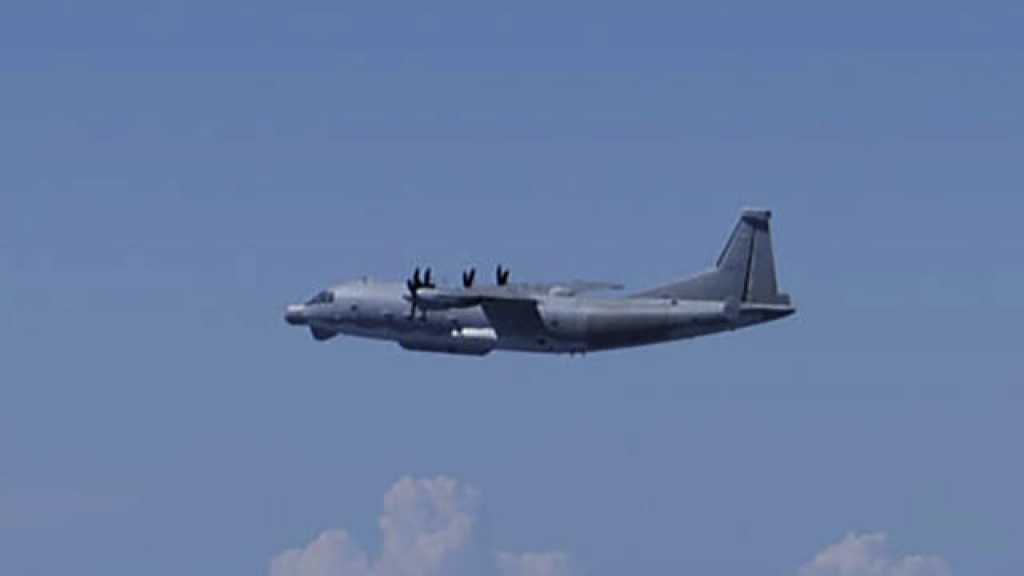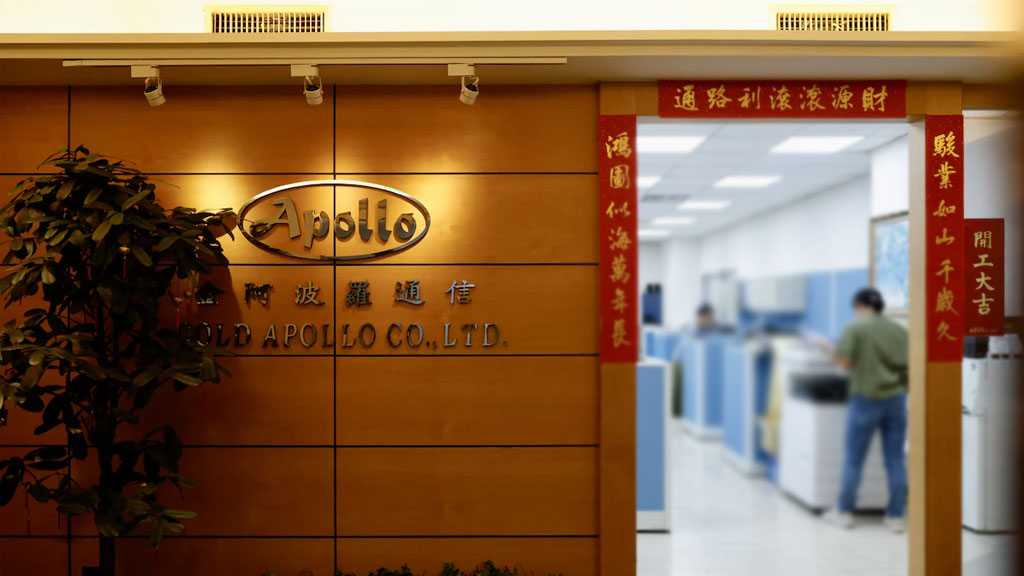
Thousands Protest at Proposed US Nuclear Submarine Base in Australia

By Staff, Agencies
Thousands of people staged a protest rally against a proposed nuclear submarine base at Port Kembla in eastern Australia as part of the country's $244.1 billion AUKUS military pact with the United States and Britain.
Protesters marched on Saturday carrying trade union flags and banners to voice their opposition to the base in the town, which is over 100 kilometers south of Sydney.
"I'm getting the sense of the renewable energy that's in this community to keep coming out on the streets," Greens Senator David Shoebridge, a prominent critic of AUKUS, told the crowd.
Protesters said the debate is “a proxy battle” for Australia’s future and warn the delay in deciding will only deter renewable energy investment in Port Kembla.
Arthur Rorris, secretary of the South Coast Labor Council and a member of the Labor party, said “The rally is a reflection of the concern in the community about the proposed east coast nuclear submarine base.”
New South Wales' second-largest coal-exporting port is the Ministry of Defense's favorite for a new submarine base on the east coast.
Prime Minister Anthony Albanese has defended the submarine project after two former leaders criticized the deal for its high costs, complexity and remaining governance issues.
The deal, unveiled in March, will see Australia purchase the Virginia-class submarines ahead of UK-Australia co-production of the new class of submarines, which will be built in Australia in the early 2040s.
AUKUS would be the first time Washington has shared nuclear-propulsion technology since the 1950s when it partnered with Britain.
Based on the AUKUS, the US and the UK will provide Australia with the technology and capability to deploy conventionally armed, nuclear-powered submarines.
China, which last year called the security pact a threat to global security, clashed with the trio at the UN nuclear watchdog, accusing the partnership of being involved in the illegal transfer of nuclear weapon materials.
The International Atomic Energy Agency's chief Rafael Grossi has warned that the submarines will be fueled by "very highly enriched uranium," and suggested it could be weapons-grade or close to it.
Grossi also said that the AUKUS security pact could trigger race for nuclear submarines.
So far, no party to the nuclear Non-Proliferation Treaty [NPT] other than the five countries the treaty recognizes as weapons states -- the United States, Russia, China, Britain and France -- has nuclear submarines.
Comments
- Related News

Typhoon Yagi: More than 140 Dead in Vietnam
2 months ago

